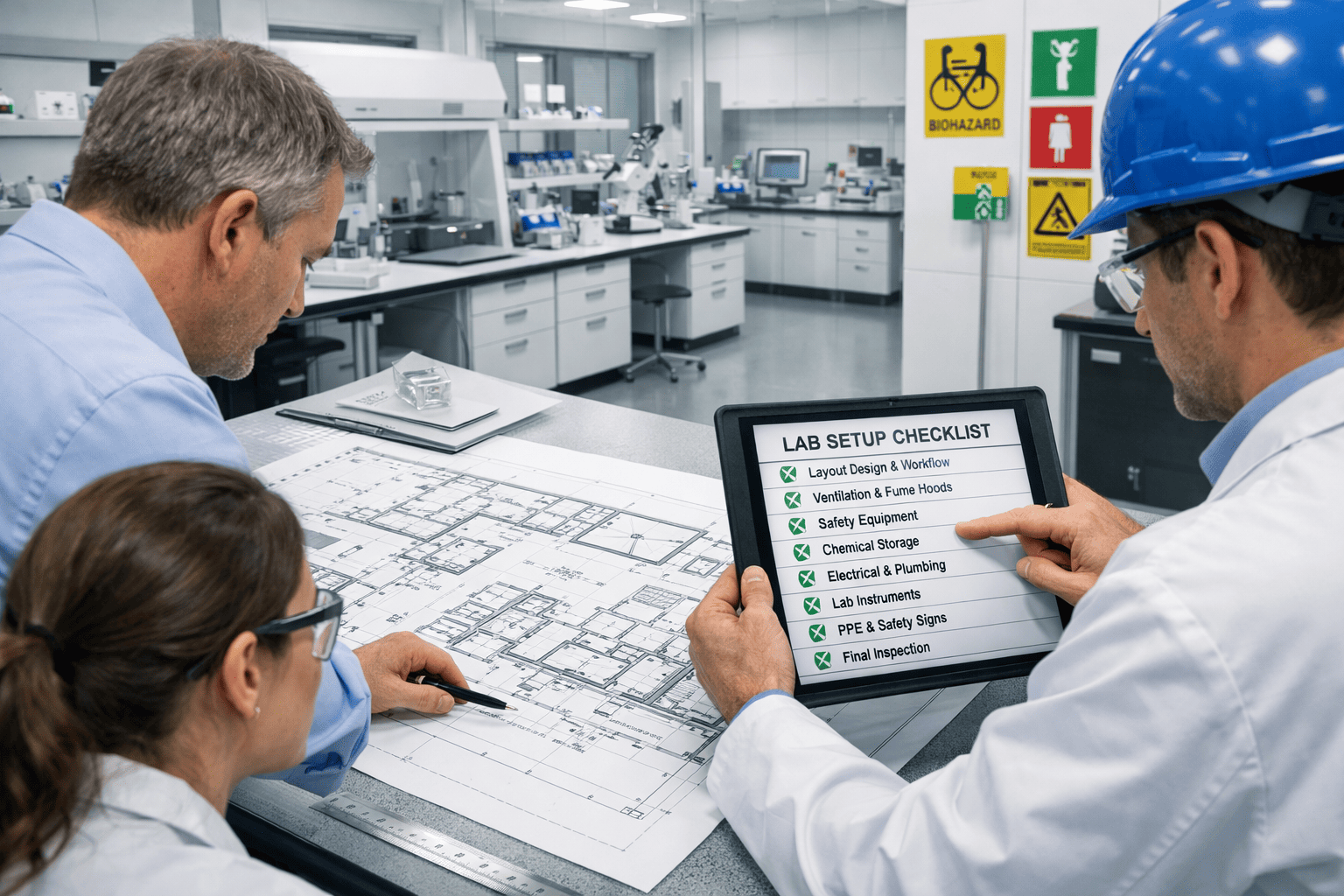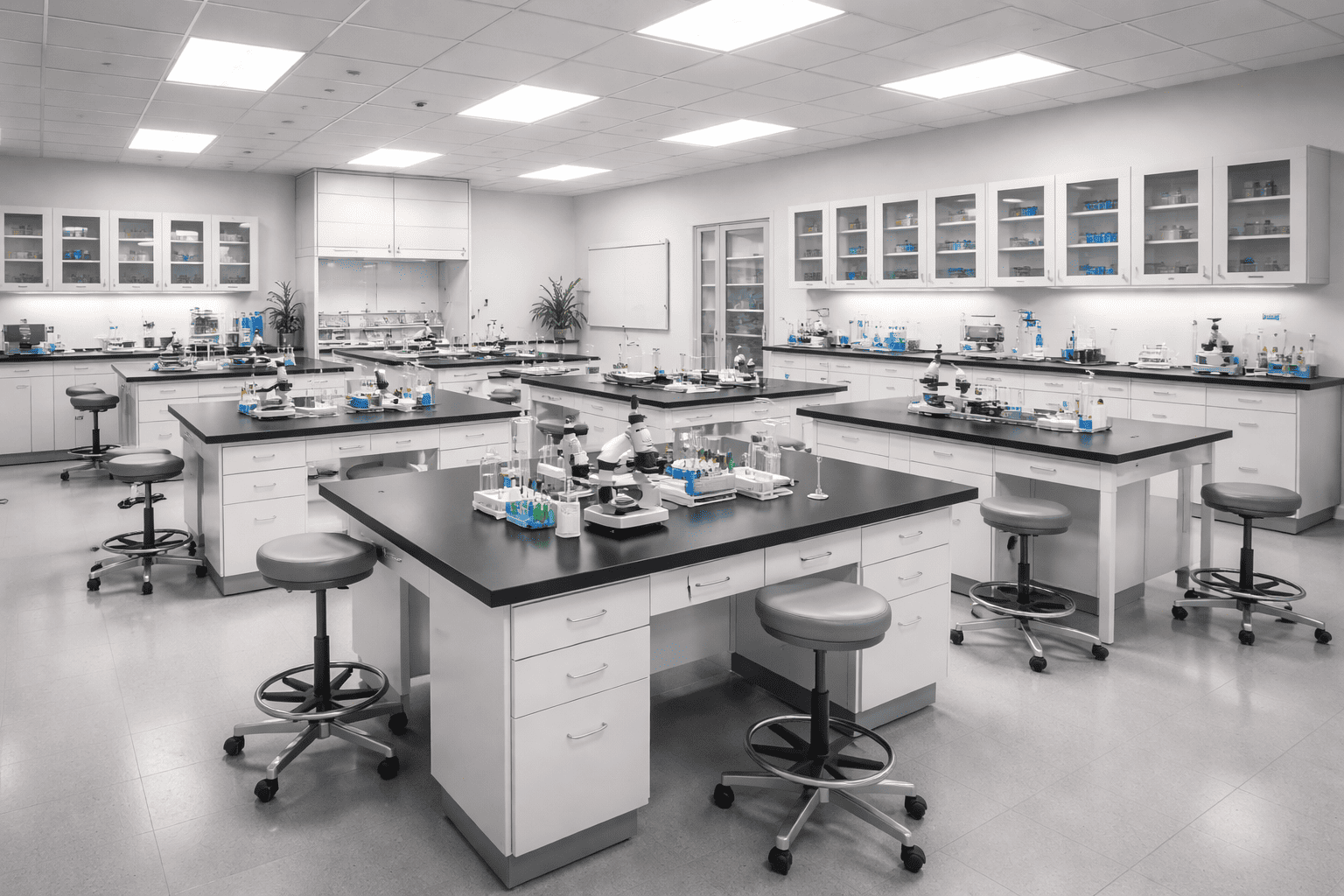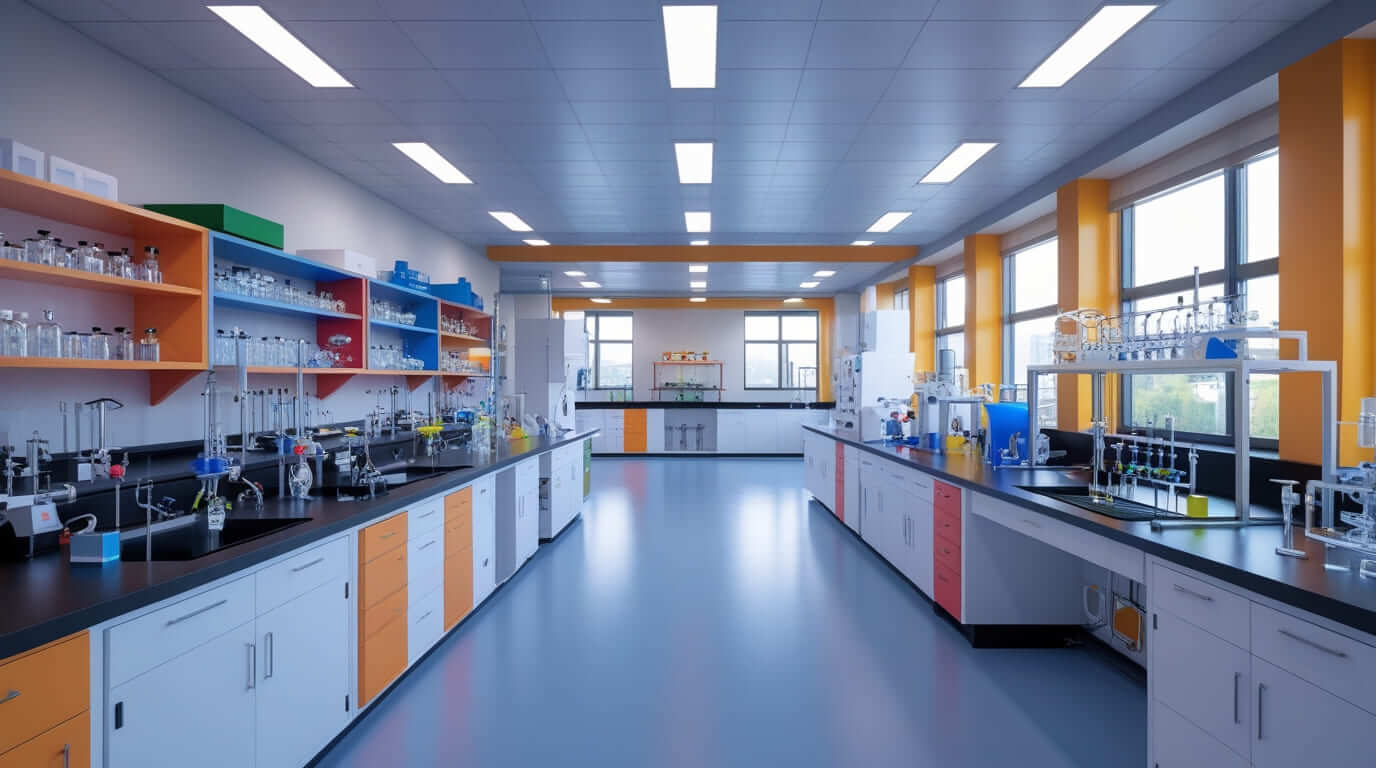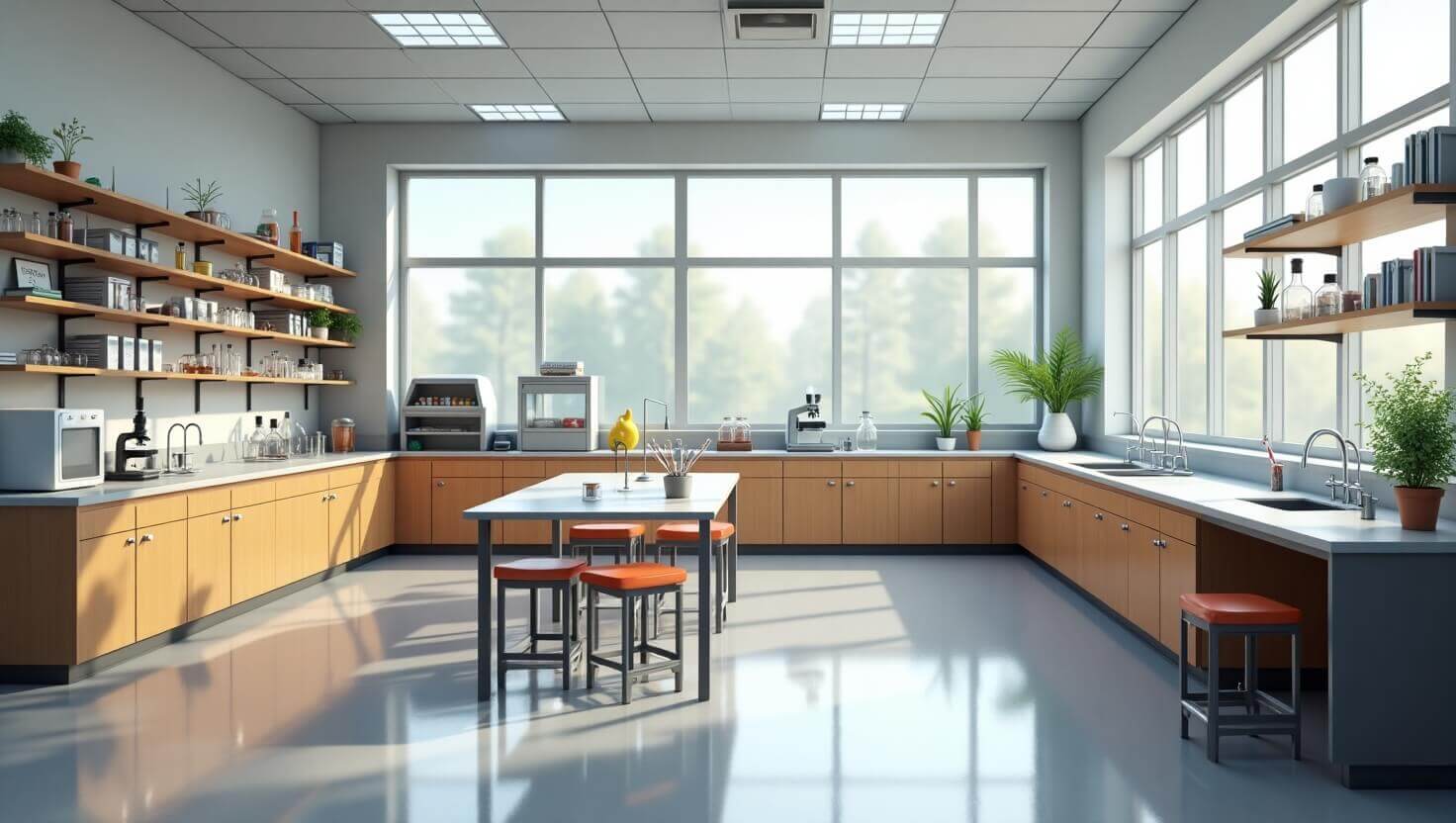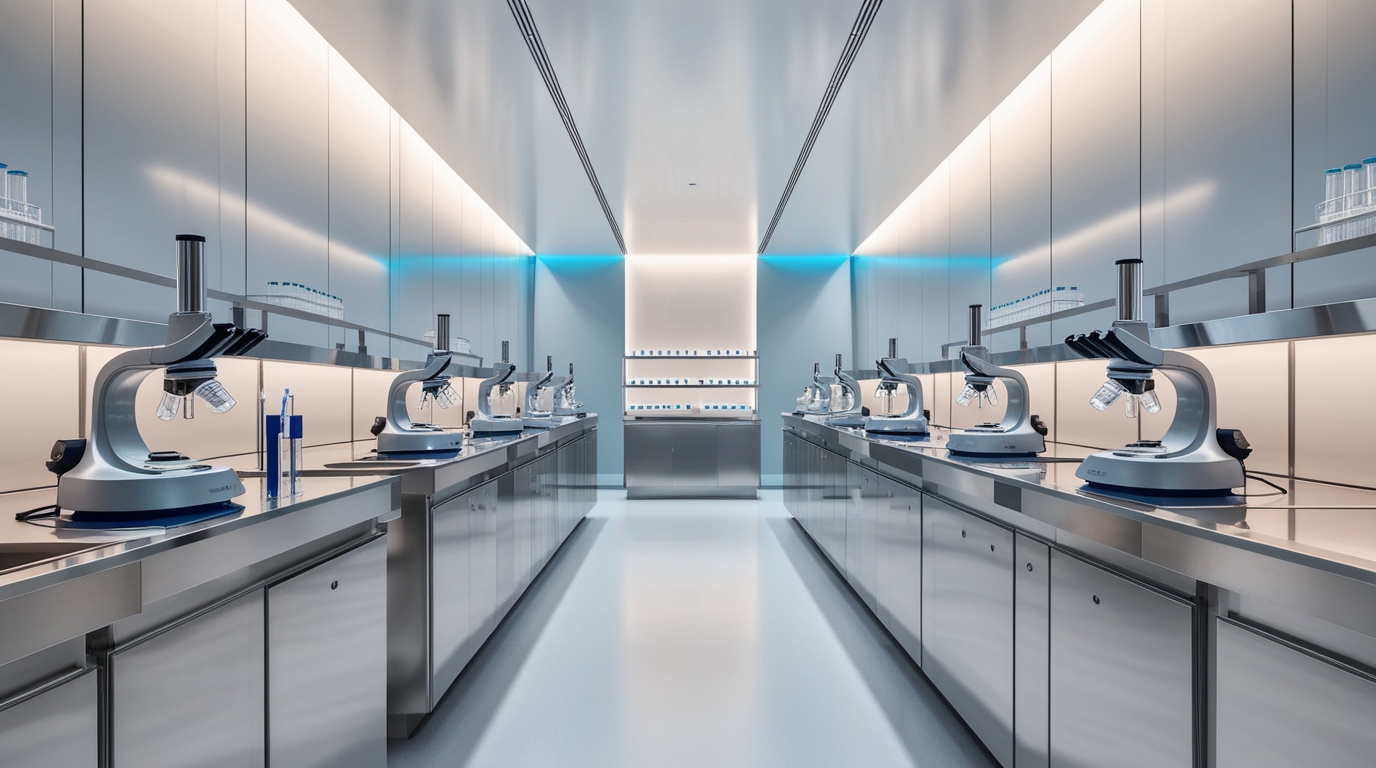
Laboratory Equipment for the Pharma Industry: Essential Tools for Innovation and Safety
The pharmaceutical industry stands at the forefront of innovation, with life-saving research, precise testing, and drug development processes shaping the health of millions worldwide. Behind these advancements is a foundation built on sophisticated laboratory equipment. From research and development to quality control and production, laboratory equipment plays a vital role in every stage of pharmaceutical operations.
This article explores the essential types of laboratory equipment used in the pharma sector, their applications, and why choosing the right tools is critical for operational success.
Importance of Laboratory Equipment in Pharma
The Pharma industry demands accuracy, repeatability, and safety above all else. Laboratory equipment is not just about facilitating experiments — it’s about ensuring compliance with international standards, reducing errors, and accelerating product development cycles.
With the complexity of drug formulation, stability testing, and bioanalytical methods, pharma companies rely on state-of-the-art equipment to maintain consistent product quality. Equipment also plays a vital role in meeting stringent regulatory requirements from bodies like the FDA, WHO, and EMA.
Key Categories of Laboratory Equipment Used in Pharma
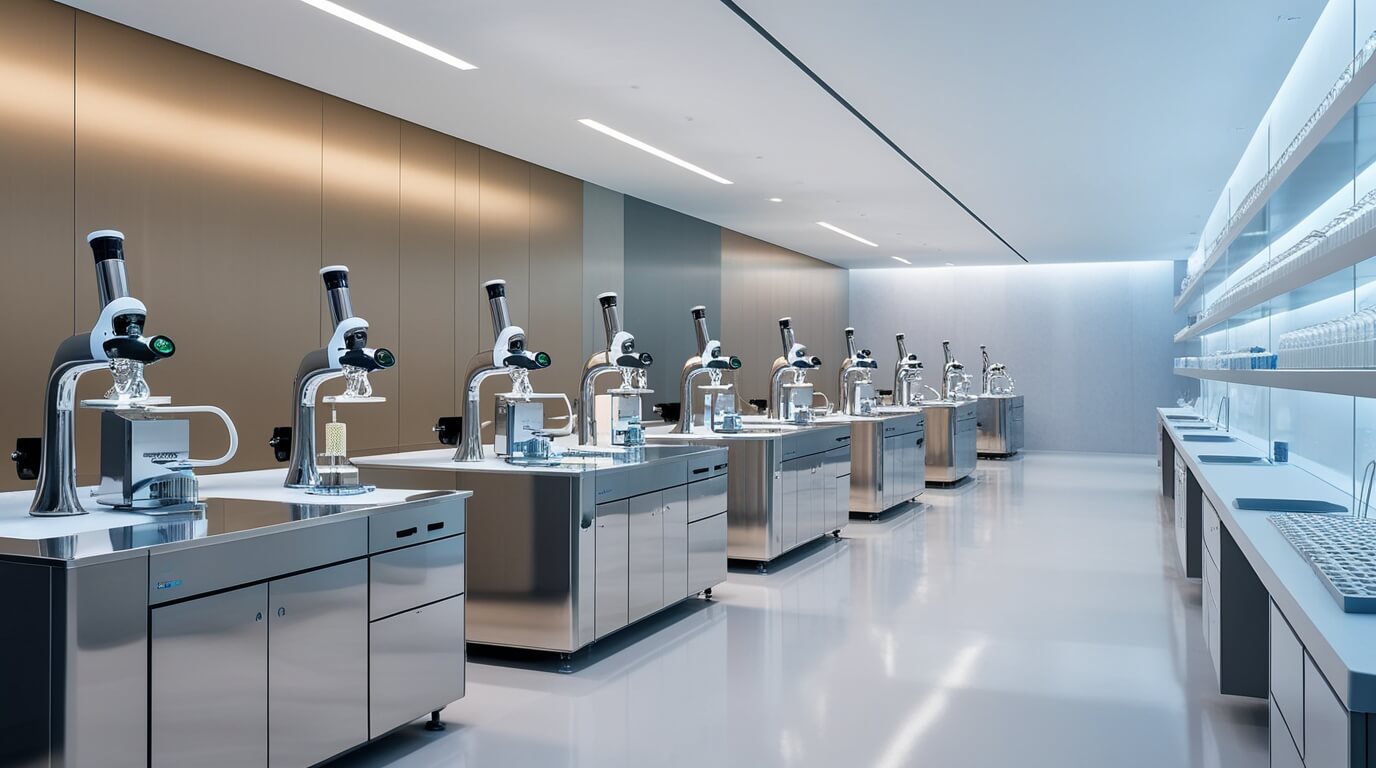
1- Analytical Instruments
Analytical instruments are essential in identifying the chemical composition of substances. Common tools include:
- High-Performance Liquid Chromatography (HPLC): Used to separate, identify, and quantify each component in a mixture.
- Gas Chromatography (GC): Essential for volatile compound analysis.
- UV-Vis Spectrophotometers: Analyze the absorption and transmission of light through samples.
- Mass Spectrometers: Help in determining molecular weights and structures.
These instruments support various stages of pharmaceutical testing — from raw materials analysis to final product validation.
2- Microbiological Equipment
Cleanliness and sterility are non-negotiable in pharmaceutical labs. Microbiological equipment ensures that testing and production environments are free from harmful microorganisms.
- Laminar Air Flow Units: Create sterile working environments.
- Autoclaves: Used for sterilizing glassware and instruments.
- Incubators: Maintain optimal temperature conditions for microbial growth.
- Colony Counters: Assist in quantifying bacterial or fungal colonies on agar plates.
3- Chemical Testing Equipment
This category includes equipment used to perform chemical reactions, mixing, titration, and analysis:
- Fume Hoods: Provide ventilation and protect workers from hazardous fumes.
- Magnetic Stirrers and Hot Plates: Used for mixing and heating solutions.
- pH Meters: Monitor acidity and alkalinity levels in drug compounds.
- Titrators: Conduct precise titration tests to measure concentrations.
4- General Lab Equipment
Basic laboratory operations require a wide range of general-purpose equipment:
- Glassware (beakers, flasks, pipettes): Essential for handling liquids.
- Balances: Measure solids and liquids with high precision.
- Centrifuges: Separate substances of different densities.
- Refrigerators and Freezers: Preserve biological samples and reagents.
Evolving Technology and Automation
Modern pharmaceutical laboratories are moving towards automation and digital integration. Automated systems minimize human error, improve speed, and provide real-time data monitoring. Smart lab equipment connected via IoT (Internet of Things) enables predictive maintenance, saving time and costs while reducing downtime.
For instance, automated HPLC systems can run multiple samples with minimal supervision, increasing throughput for drug testing. Digital lab notebooks (ELNs) also enhance data management, making documentation easier and more accessible for audits and reviews.
How to Choose the Right Laboratory Equipment
When sourcing equipment for pharmaceutical labs, it is critical to consider the following factors:
- Compliance and Certification: Ensure that equipment meets standards like ISO, GMP, and GLP.
- Application Suitability: Equipment should align with specific research or production needs.
- After-Sales Support: Reliable maintenance and calibration services extend the life of equipment.
- Scalability: Choose systems that can grow with your laboratory’s expanding needs.
Working with trusted laboratory equipment’s manufacturers guarantees that your tools are built to meet the highest quality standards. Experienced Laboratory Equipment Suppliers can also provide guidance on selecting the right models based on your project scope, lab size, and compliance requirements.
Conclusion
The pharmaceutical industry’s reliance on advanced laboratory equipment is stronger than ever. From enabling groundbreaking research to ensuring drug safety and compliance, each piece of equipment contributes to the overall efficiency and credibility of pharma operations.
Choosing the right tools — and the right Laboratory Equipment Suppliers — is an investment in your lab’s future success. With continuous advancements in technology, pharmaceutical laboratories must stay updated with the latest innovations to maintain competitiveness, ensure safety, and continue their mission of delivering better health outcomes globally.


